Brazilian Silk Association——ISU Vice Chairman Unit

Brazilian Silk Association
ISU Vice Chairman Unit
Brazilian Silk Association (ABRASEDA) initially formed by local manufacturers of raw silk in 1971, originally aimed to strengthen the silk spinning industry in Brazil. In 2017, Abraseda enlarged its coverage based on new market opportunities in order to represent the entire silk production chain in Brazil.
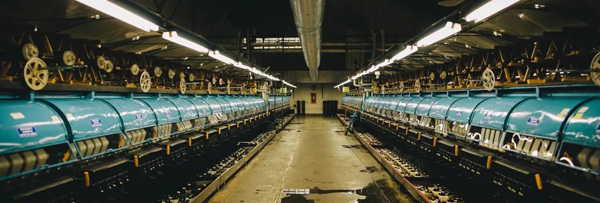

ABRASEDA combines ancient art and innovative techniques, making Brazilian silk the most valuable product across the globe and embraces performers from all stages of production, from the fields to fashion boutiques, promoting responsible production and conscious consumption, innovating sustainable and circular economy worldwide.
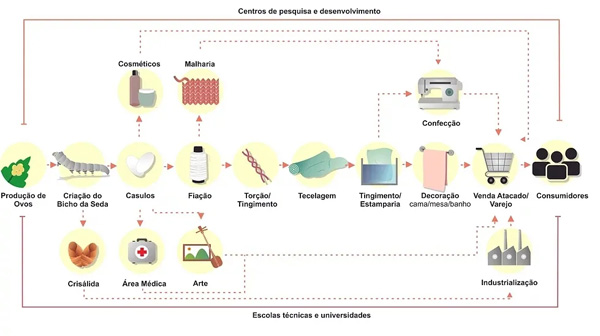
There is a considerable increase in the number of active sericulture farmers in the country, currently estimated at 2700 family farmers in 2021 and over 1000 workers in national Silk industry, which means around 12000 people directly involved in Silk agribusiness.
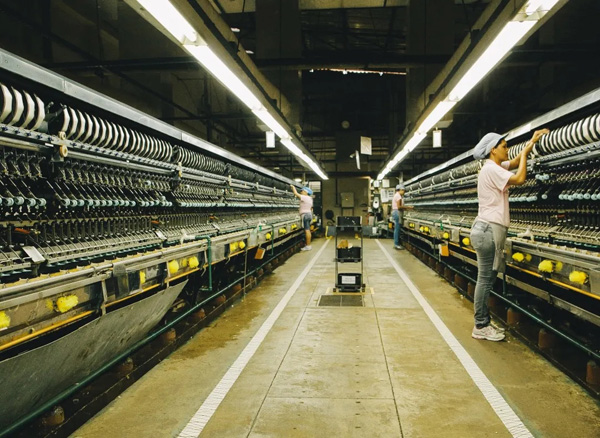
Moreover, the mission of ABRASEDA is to add value and become the key agent of excellence for the entire Silk Supply Chain, inspiring our associates, promoting respect, gathering strength and transforming life.
Directory
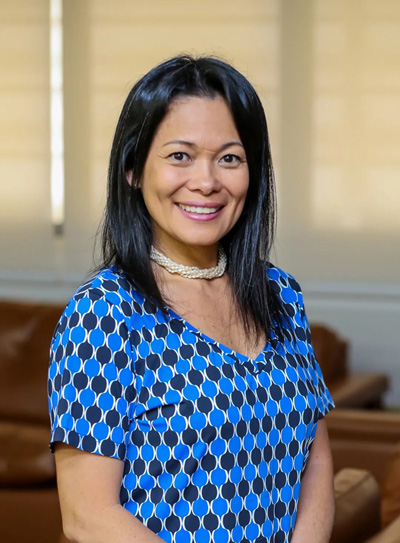
Renata Amano
Chief Executive Officer – Renata Amano
Chief Financial Officer – Ricardo Heidi Yamane
Chief Innovation Officer – Cristianne Cordeiro Nascimento
Chief of Staff – Anna Beatriz Kariya
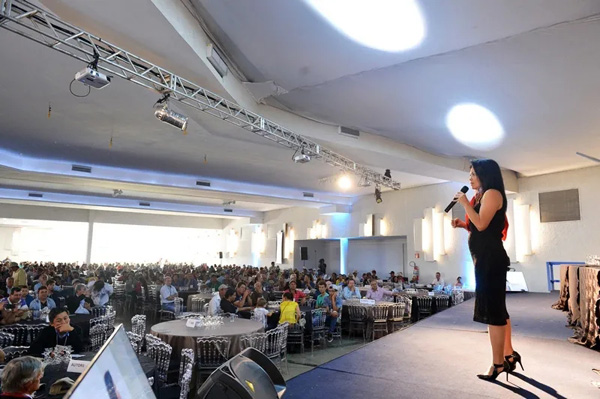
Association Members
Associação dos Sericicultores de Diamante do Sul
ASEIVA- Associação dos Sericicultores de
ASMAN- Associação dos Sericicultores de Mandaguaçu e Regiões Sericicolas do Parana
ASSERNO- Associação dos Sericicultores de Nova Olimpia e Região - PR
ASSERT- Associação dos Sericicultores de Terra Boa
ACERF- Associação Cultural e Recreativa dos Funcionarios da Bratac
ACREB – Associação Cultural, Recreativa e Esportiva Bratac
ARASEDA – Associação dos Sericicultores de Araruna
ASSESSAMO – Associação dos Sericicultores de Santa Monica
2,700 Sericulture Farmers
Bisa Overseas Industria e Comercio de Seda Ltda
Maria com Cha
BRATAC SEDA – Fiação de Seda Bratac S.A.
Brazilian Silk History
ABRASEDA aims to fully and sustainably promote a whole chain of silk from the production of silkworm eggs, breeding of silkworms, production of cocoons, spinning, weaving, and apparel final goods, marketing and fashion, to academic research and development projects for Silk application in different market segments other than textiles.
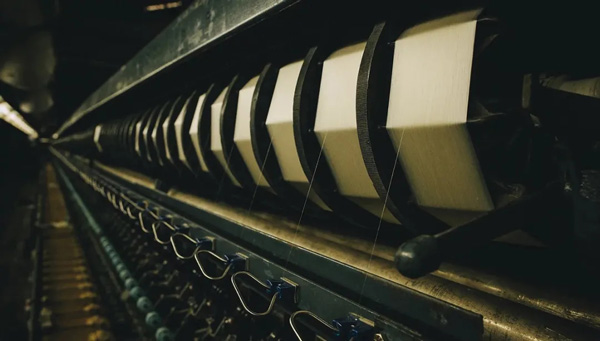
Due to the fast industrialization process in the southeastern region of Brazil and the replacement of men power by different types of agricultural machinery and implements, silk domestic market was negatively impacted by the accelerated movement of work force from the countryside to urban cities between years 1970 and 2000, and suffered significant cocoon production decrease, prompting several silk spinning factories to shut down and the national textile and apparel industry to fully abandon the market or look for alternatives combining other natural and synthetic fibers.
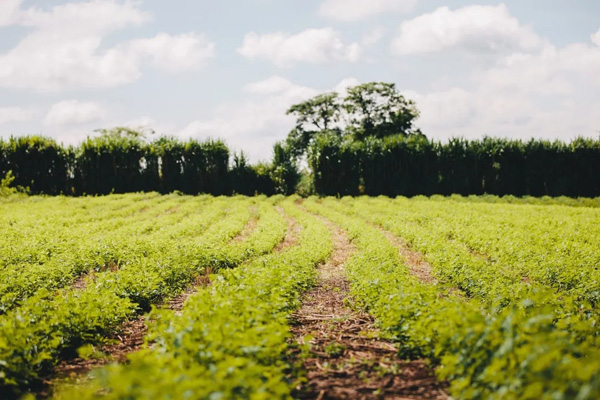
Over the last decade, driven by the higher productivity achieved through the mechanization and modernization of agricultural activity and the higher profitability focused on product quality, Brazilian sericulture has resumed its production of cocoons. Recent years, the most historically traditional region of cocoons in the state of São Paulo has tripled the volume of production and achieved stabilization in the volume of production of cocoons in 2015 season.
Sericulture and Industry
In Brazil, sericulture is developed in a sustainable way and contributes significantly to the national agribusiness, keeping manpower in the countryside.
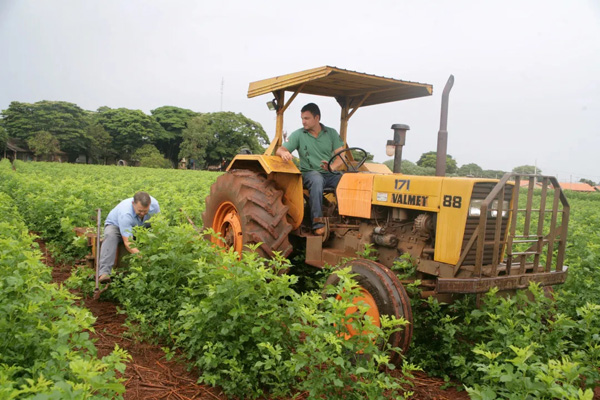
Nowadays, Brazilian sericulture presents the highest profitability per hectare in agriculture business in small crops. Due to the high profitability provided in small farm properties, the production of cocoon has become the main activity in the field.
In 2019 Season, 2630 different family farmers in 222 municipalities produces 3034 tons of fresh cocoon in three different states of Brazil, as follows: 84% in the state of Parana (PR), 11% in the state of São Paulo (SP), and 5% in the state of Mato Grosso do Sul (MS).
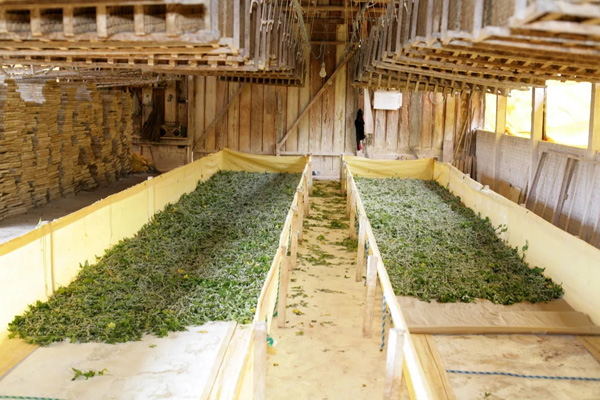
Bratac Seda Company is operating for over 80 years in the natural raw silk and twisted silk business and is focused on competitively produce high quality silk yarns.
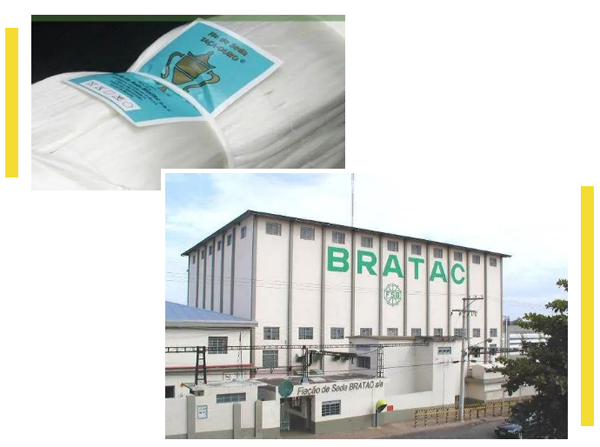
Fashion and R&D Partnership
Brazilian textile industry generates more than one and a half million jobs and invoices around USD 50 billion per year. Silk in Brazil generates more than 50 million dollars in imports and exports.
ABRASEDA locally supports brands and startups developing silk final goods and establishes partnership among universities and R&D institutes, and provides guidelines to the adoption of good practices to the overall silk value chain.

